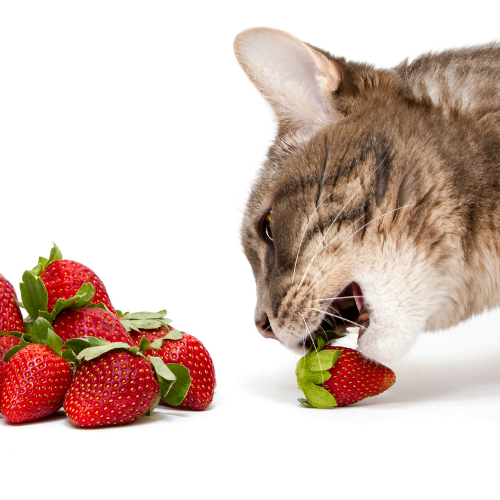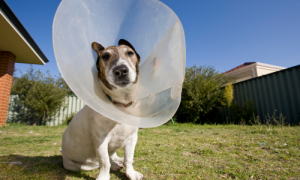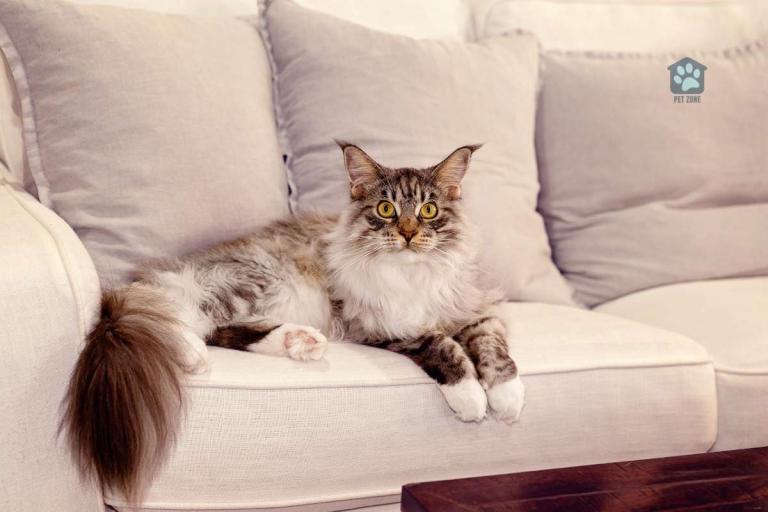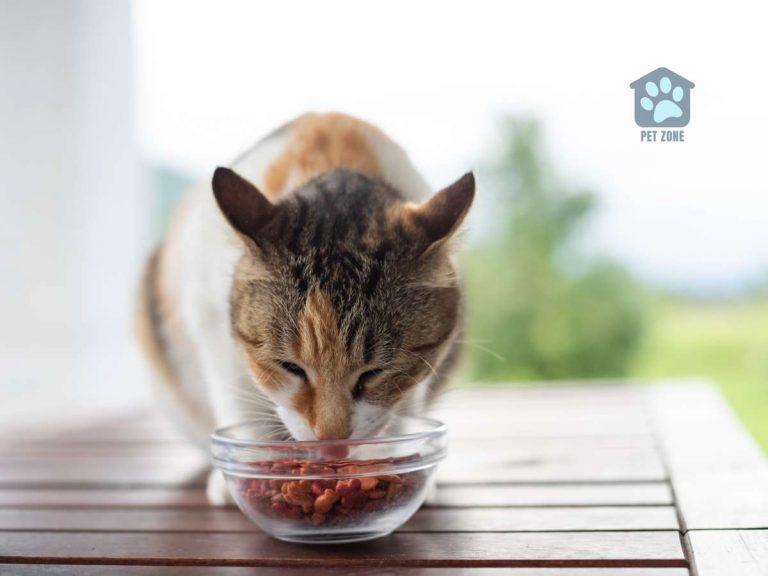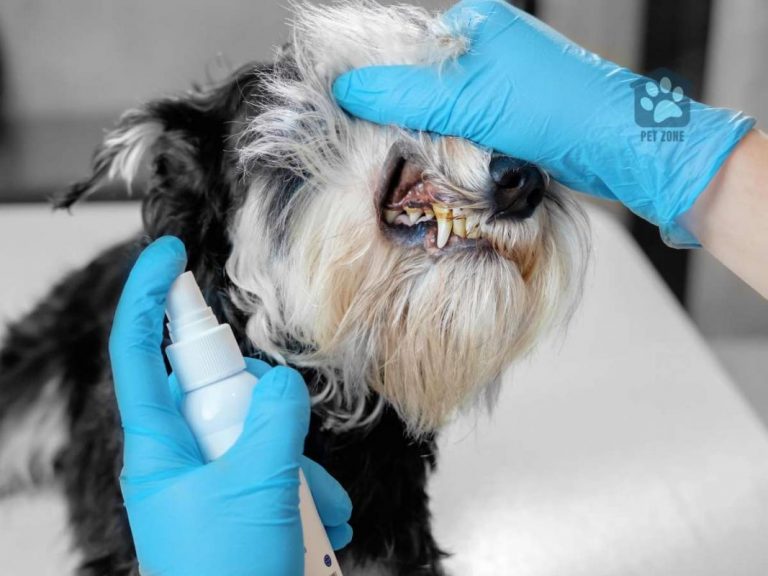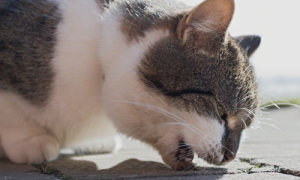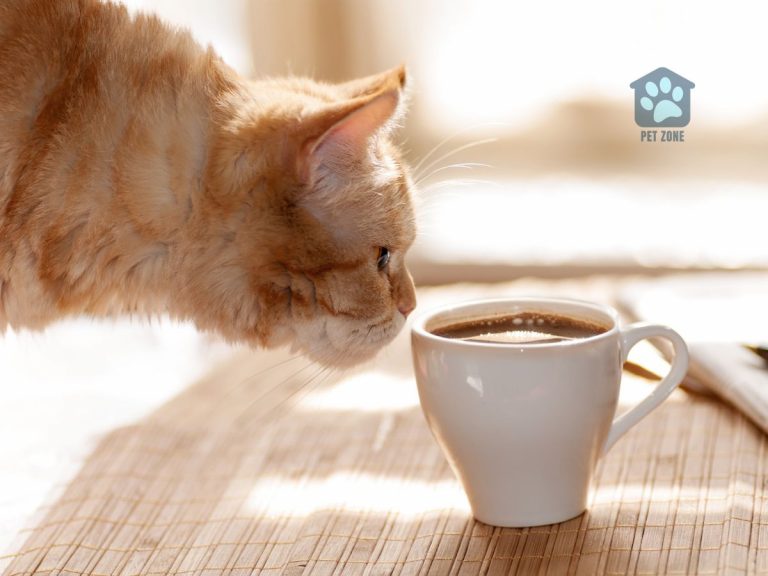Estimated reading time: 5 minutes
As cat owners, we want to ensure our feline friends receive the best nutrition and care. Sometimes, we may be tempted to share our food with them, but it’s essential to know which human foods are safe for cats and which ones can be harmful. In this guide, we’ll discuss some common human foods and their safety for cats to help you provide your furry friend with the best care possible. After reading this article, you will be able to answer questions such as: can cats eat chocolate? We’ve also covered this same topic for dogs.
The entries below are color coded for your convenience. Red means you should never feed this to your cat. Yellow means that it is generally safe, with some important conditions. Green means this is okay for your cat, but usually in moderation.
Fruits
Bananas
Cats can eat bananas in small quantities, but they are not an essential part of their diet. Since cats are obligate carnivores, they primarily need protein from meat sources.
Strawberries
Strawberries are non-toxic to cats but should only be offered in moderation. Cats may not be interested in them, as they cannot taste sweetness.
Blueberries
Blueberries are safe for cats in small amounts. However, they may not provide any significant health benefits, as cats primarily need animal-based nutrients.
Grapes
Grapes and raisins are toxic to cats and can cause kidney failure. Keep them away from your cat at all times.
Apples
Apples can be given to cats in small amounts, but ensure to remove the seeds and core, as apple seeds contain cyanide, which can be harmful to cats.
Watermelon
Watermelon is safe for cats in moderation. Be sure to remove the seeds and rind before offering it to your cat.
Pineapple
Cats can eat small amounts of pineapple, but it is not a necessary part of their diet. Since cats cannot taste sweetness, they may not be interested in it.
Mango
Mango is safe for cats in small quantities. However, be sure to remove the pit and skin before offering it to your cat.
Oranges
Cats should not eat oranges, as the citrus oil in them can cause gastrointestinal upset and irritation.
Raspberries
Raspberries are safe for cats in small quantities but offer no significant health benefits, as cats require animal-based nutrients.
Vegetables
Broccoli
Broccoli is safe for cats to eat in small amounts. However, it should be cooked to make it easier for your cat to digest.
Potatoes
Cooked potatoes without any added seasonings or toppings are safe for cats to eat in moderation. Do not give raw potatoes to your cat, as they contain solanine, which is toxic.
Corn
Cats can eat small amounts of cooked corn, but it should not be a significant part of their diet, as they require protein from meat sources.
Carrots
Cooked carrots are safe for cats in small amounts, but they may not provide any significant health benefits, as cats primarily need animal-based nutrients.
Cucumbers
Cucumbers are safe for cats in small amounts. They can be a low-calorie treat but should not replace essential animal-based nutrients in their diet.
Lettuce
Cats can eat small amounts of lettuce, but it is not a necessary part of their diet, as they require protein from meat sources.
Spinach
Spinach is safe for cats in small amounts. However, large quantities of spinach can cause oxalate crystals to form in the urinary tract, so offer it sparingly.
Mushrooms
Some mushrooms are highly toxic to cats, while others are safe. It can be challenging to identify which mushrooms are safe, so it’s best to avoid feeding your cat any mushrooms to prevent accidental poisoning.
Garlic
Garlic is toxic to cats and can cause anemia and other health issues. Keep garlic and foods containing garlic away from your cat.
Celery
Celery is safe for cats to eat in small amounts. It can be a low-calorie treat but should not replace essential animal-based nutrients in their diet.
Other Foods
Eggs
Cooked eggs are safe for cats and can provide a good source of protein. Make sure to cook them thoroughly to eliminate the risk of salmonella and other bacterial infections.
Raw Food
Feeding your cat raw food can pose some risks, including bacterial contamination and an unbalanced diet. If you want to feed your cat a raw diet, consult with your veterinarian to ensure it’s nutritionally complete and balanced.
Cheese
Cats can eat small amounts of cheese, but some may be lactose intolerant and experience gastrointestinal issues after consuming dairy products. Offer cheese sparingly and watch for any signs of digestive upset.
Chocolate
Chocolate is toxic to cats and can cause severe health issues, including vomiting, diarrhea, seizures, and even death. Keep chocolate and cocoa products away from your cat.
Chicken
Cooked chicken is a great source of protein for cats. However, avoid feeding your cat raw chicken or cooked chicken bones, as they can cause bacterial infections and choking hazards, respectively.
Tuna
Cats can eat small amounts of cooked tuna, but it should not be the main source of their diet, as it can lead to nutritional imbalances. Also, avoid feeding your cat canned tuna in oil or with added salt.
Peanut Butter
Peanut butter is not toxic to cats, but it should be offered in moderation due to its high fat content. Additionally, some peanut butter brands contain xylitol, a sugar substitute that is toxic to cats, so always check the ingredients before offering it to your cat.
Bread
Cats can eat small amounts of plain bread, but it does not provide any significant health benefits, as cats primarily need animal-based nutrients.
Conclusion
Feeding your cat human foods can be a fun way to bond and provide variety in their diet. However, it’s crucial to know which foods are safe and which can be harmful. Always consult with your veterinarian if you have concerns or questions about your cat’s diet, and remember that moderation is key when offering your cat human foods as treats.


